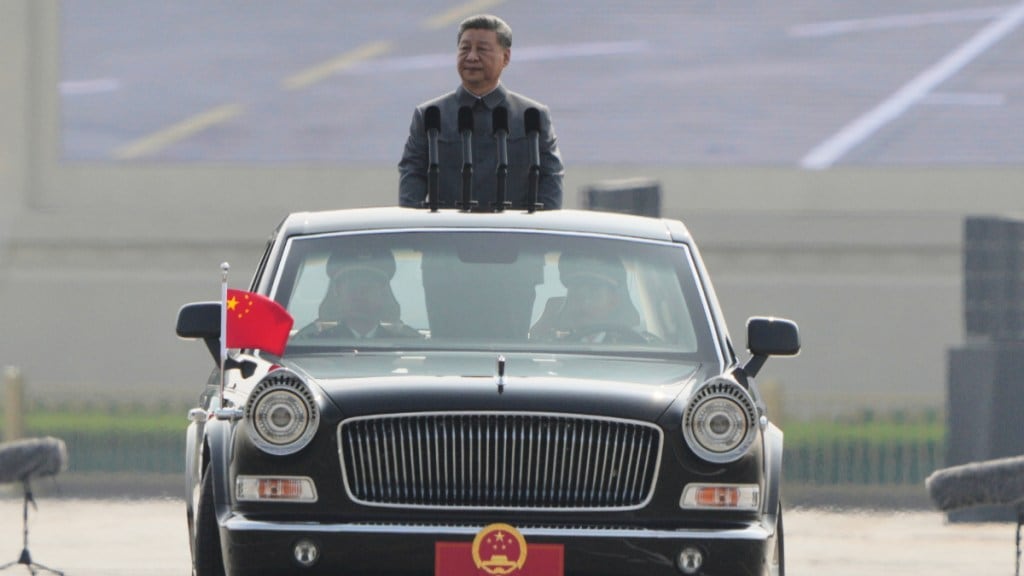China has kicked off the grand Victory Day military parade on Wednesday to mark 80 years since the end of World War Two in the Pacific. President Xi Jinping has invited leaders like Russia’s Vladimir Putin and North Korea’s Kim Jong Un, along with over 20 other world leaders, to attend. However, ordinary citizens will not be allowed anywhere near the event, according to a report by CNBC. Only Communist Party officials and specially chosen guests can take part.
China’s big ‘Victory Day’ parade shut off for public
The main parade area is tightly sealed off, covering more than six square miles, which is about four times the size of New York’s Central Park. Residents living near Chang’an Avenue, the main parade route, have been told to keep their windows closed and stay indoors from Tuesday evening until on Wednesday, after the event ends, the report said.
Shops and subway stations along the route are shut, and police checks have become even stricter. The public can get no closer than a street away, with barriers and fences keeping them out. Some fences have even been painted in rainbow colors to make the restrictions look less severe.
What will be showcased at the China Parade?
From Tiananmen Square, Xi Jinping will review the parade and present China’s latest military equipment. The Defense Ministry has announced that the display will feature tanks, fighter jets, drones, hypersonic missiles, and electronic warfare systems – all domestically produced and ready for active use.
The event will include 45 troop formations, carefully designed to show China’s growing strength. Observers note that the parade is not just about military power, but also about the Communist Party’s effort to project complete control, the CNBC report added.
‘China is worried that…’
Carl Minzner, senior fellow with the Council on Foreign Relations tells CNBC that on television, the parade is meant to give the impression of unity and order, even though authorities remain worried about public dissatisfaction.
He claimed that the event is carefully staged to prevent any disruption and to send a message of strength to both Chinese citizens and the world.
“They’re worried that there are discontented people in China and something might go wrong. They want at all costs to prevent that from happening. They’re worried about the impact that it might have on the perceptions that it’s giving to Chinese citizens,” Mizner explained to CNBC.

